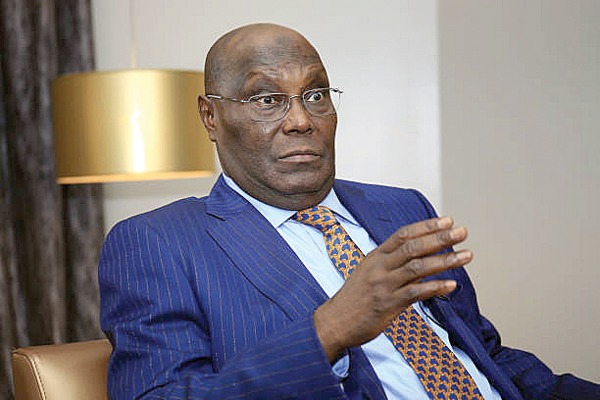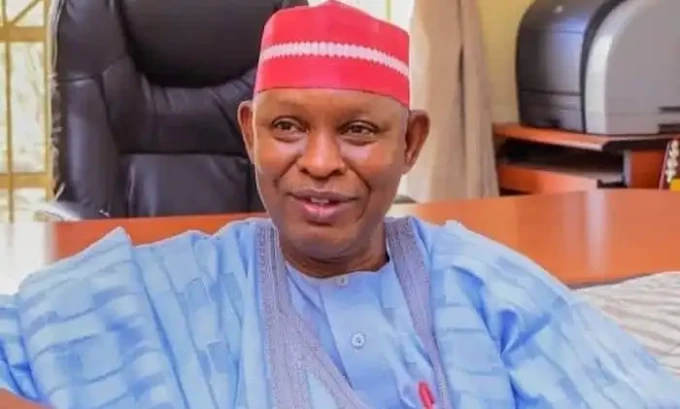Atiku Abubakar, former Vice President of Nigeria and presidential candidate in the 2023 elections, has consistently championed a vision for Nigeria’s economic transformation. His approach centers on private sector engagement, infrastructure development, and strategic policy reforms aimed at fostering sustainable growth and reducing poverty.
A cornerstone of Atiku’s economic agenda is the revitalization of the private sector. He advocates for significant reforms to restructure the economy, enabling the private sector to drive growth and create employment opportunities. Recognizing the pivotal role of private enterprises, Atiku emphasizes the need for a conducive environment that supports business expansion and innovation. He has proposed establishing strong partnerships between the government and private entities to invest in infrastructure, generate jobs, and combat poverty. (vanguardngr.com)
Infrastructure development is another critical component of Atiku’s economic vision. He acknowledges Nigeria’s substantial infrastructure financing deficit and proposes leveraging private sector investments to bridge this gap. By creating an Infrastructure Debt Fund, Atiku aims to mobilize both domestic and international resources to fund key projects across the economy. This initiative seeks to enhance the nation’s infrastructure, thereby improving productivity and competitiveness. (premiumtimesng.com)
In terms of policy reforms, Atiku has outlined a comprehensive plan to stimulate economic growth. His strategy includes increasing power generation to 25,000 megawatts, creating 3 million jobs annually, and lifting 10 million people out of poverty each year. He also aims to boost Nigeria’s oil refining capacity to 2 million barrels and elevate the manufacturing sector’s contribution to exports and GDP. Additionally, Atiku emphasizes the importance of developing a knowledge-based economy by harnessing information and communication technology (ICT) to drive innovation across various sectors. (premiumtimesng.com)
Atiku’s commitment to economic prosperity is further demonstrated by his proposal for an Economic Stimulus Fund with an initial investment capacity of approximately $10 billion. This fund is intended to support private sector investments in infrastructure and prioritize sectors such as agriculture, manufacturing, and micro, small, and medium enterprises (MSMEs). By focusing on these areas, Atiku aims to achieve inclusive growth and reduce unemployment. (tekedia.com)
Despite these ambitious plans, Atiku has been critical of certain economic policies implemented by the current administration. He has questioned the effectiveness of the 2025 budget proposal, expressing concerns about its capacity to foster sustainable economic growth and address Nigeria’s deep-rooted challenges. Atiku argues that the budget reflects a continuation of previous fiscal practices and may not lead to the desired economic transformation. (allafrica.com)
In summary, Atiku Abubakar’s economic vision for Nigeria is characterized by a strong emphasis on private sector engagement, strategic infrastructure development, and comprehensive policy reforms. His approach aims to create a competitive and resilient economy capable of achieving significant growth and improving the living standards of Nigerians.











Leave a comment